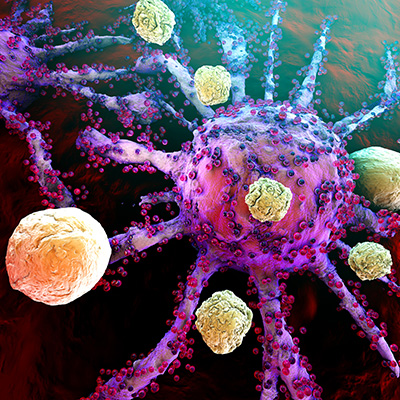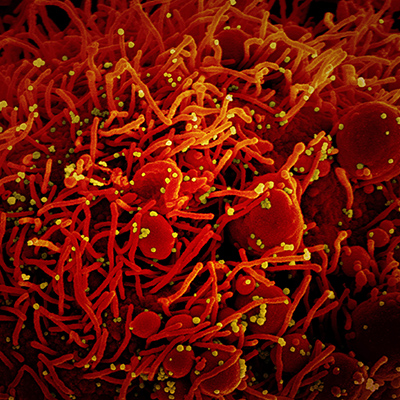November 24, 2020 -- The City of Hope has begun a phase I clinical trial of COH04S1, which is its investigational SARS-CoV-2 vaccine, in healthy volunteers between the ages of 18 and 55 who have not had COVID-19.
The vaccine aims to stimulate the immune system to produce antibodies and spur abundant T cells that can provide long-term protection against future outbreaks.
The vaccine is based on a synthetic modified vaccinia ankara (sMVA) platform. MVA is a weakened poxvirus approved by the U.S. Food and Drug Administration for the prevention of smallpox and monkeypox. The center's vaccine contains the SARS-CoV-2 spike and nucleocapsid proteins inserted into the MVA platform. MVA can replicate DNA within cells, leading to the expression of SARS-CoV-2 proteins in order to trigger host immunity against the virus.
The trial will examine if a single dose may be sufficient for immune protection, including T-cell immunity that could extend protection so that there may not be a need to receive a booster shot. The investigational vaccine is being developed in a freeze-dried form to eliminate cold-chain requirements.
Trial participants will receive two injections in the muscle of their upper nondominant arm 28 days apart. The injections could be both the investigational vaccine, the vaccine followed by a placebo, or both injections could be placebos.
City of Hope aims to enroll a minimum of 119 trial participants in approximately four months. If a safe and tolerable dose is defined by this first trial, then it can move to testing in a phase II trial — potentially in the second quarter of 2021 — with larger numbers of participants, and eventually to a phase III trial.
The investigational vaccine is being manufactured on its main campus at the City of Hope Center for Biomedicine & Genetics, which is one of its three manufacturing facilities that meet strict good manufacturing practice (GMP) guidelines.
Copyright © 2020 scienceboard.net








